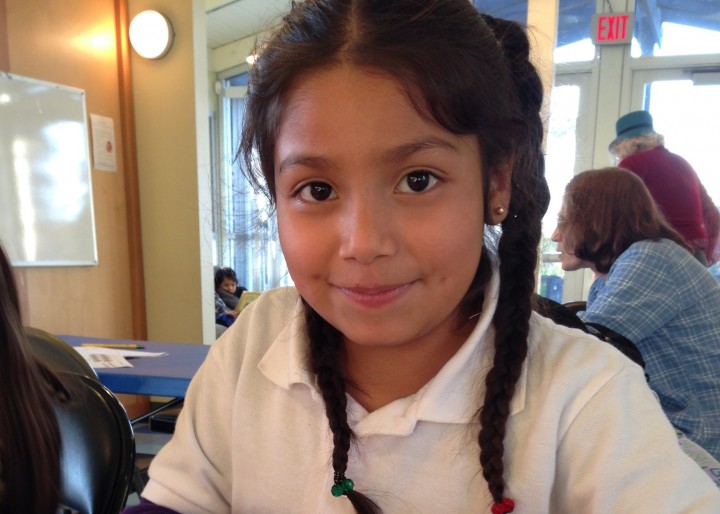
Studies confirm that many homeless families have experienced trauma in the form of violence, abrupt separation from loved ones, and abuse. At Hope Solutions (Hope Solutions), we see first-hand the effect that trauma has on homeless families. Children display a range of behaviors that both disturb and confuse. Mothers are seemingly paralyzed by feelings depression and being overwhelmed.
“On New Year’s Eve, eight year old Johnny went missing. He had crawled through his bedroom window to seek solace from a neighbor when he saw a visitor in his home with a glass of wine. Seeing the wine triggered his association between alcohol and violence.” Report from staff member
Homelessness is just the tip of a colossal iceberg of problems. Consider some startling findings of a recent 30 month study of mothers and children in shelters, transitional housing, and permanent supportive housing. [1]
- 93% of mothers had a history of trauma; the most common being physical and/or sexual abuse
- Trauma symptom severity and low self-esteem were the only two predictors of residential stability after 30 months
- Many of the children struggled with physical and emotional problems
- The majority of mothers had major depressive symptoms
At Hope Solutions, we successfully integrate the notion of trauma-informed services in our work. Intuitively, we understand that severe depression, histories of childhood abuse, and neglect impact the ability of families to remain stable in housing and in life. We are not surprised that this study found a direct relationship between homelessness and trauma. According to this study, the effective response to family homelessness should include: housing first, case management to address immediate needs, comprehensive assessments, parenting support and skills training, mental health services, and child-centered services and programs. Our program at Garden Park Apartments incorporates all these elements. In partnership with a community of friends and supporters, Hope Solutions continues to approach family homelessness with this comprehensive model. With our compassionate support, families can overcome the trauma factor and lead independent and productive lives.
[1] Bassuk, E.L., Hayes, M. A., Zonneville, M. The SHIFT Study: Final Report. American Institutes for Research. Retrieved from http://www.familyhomelessness.org/media/389.pdf.
